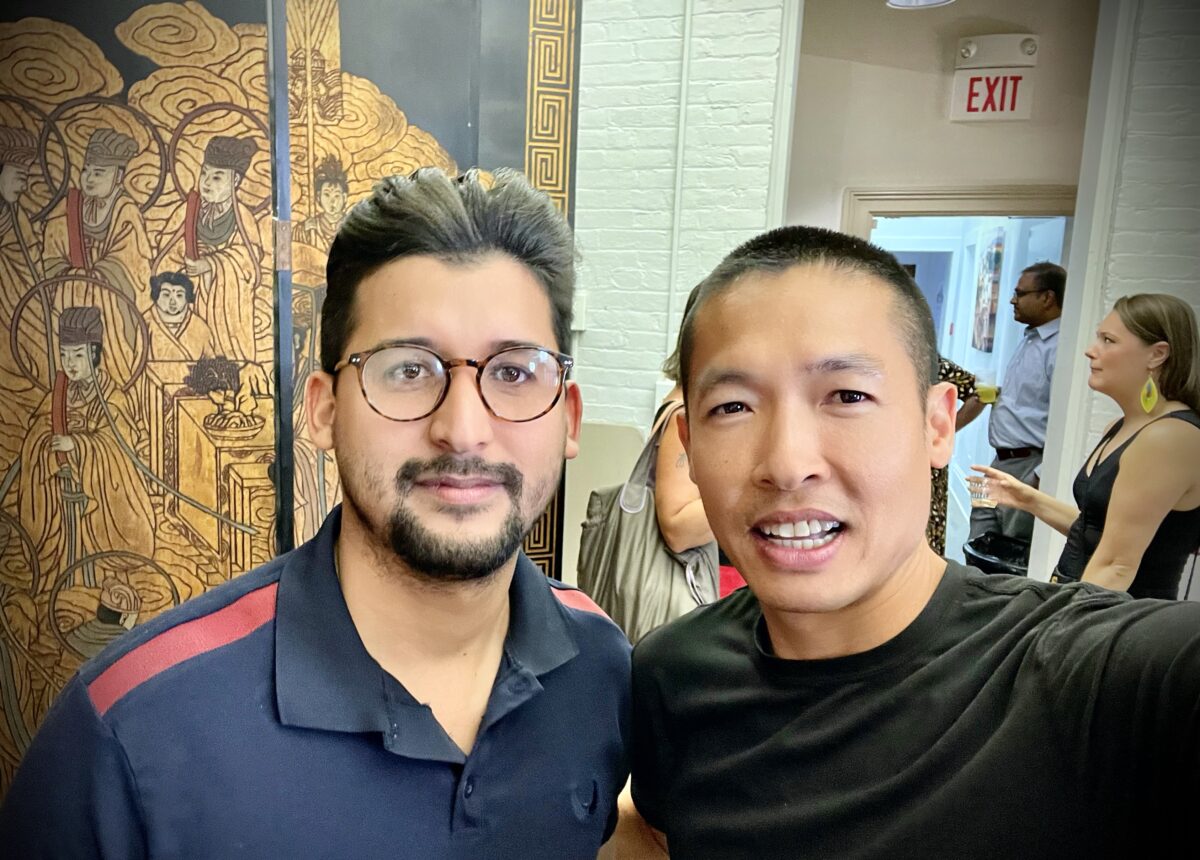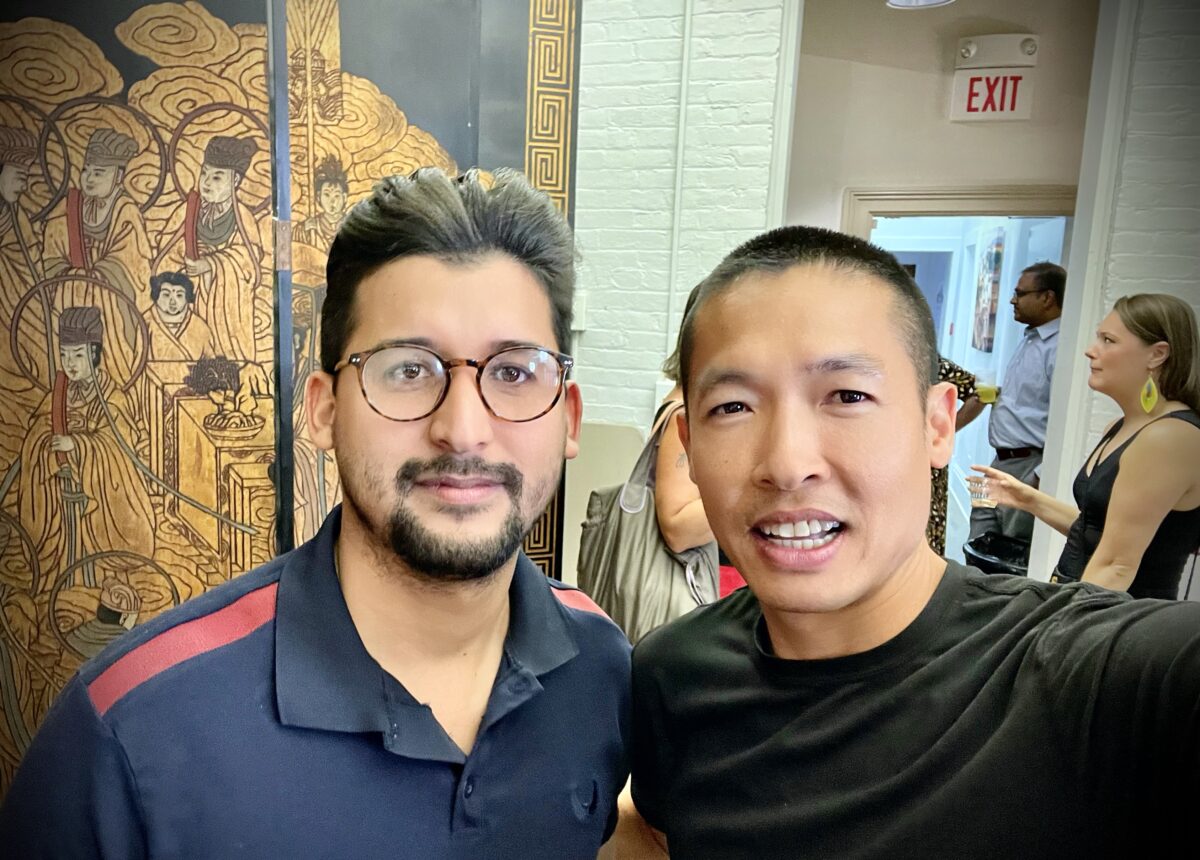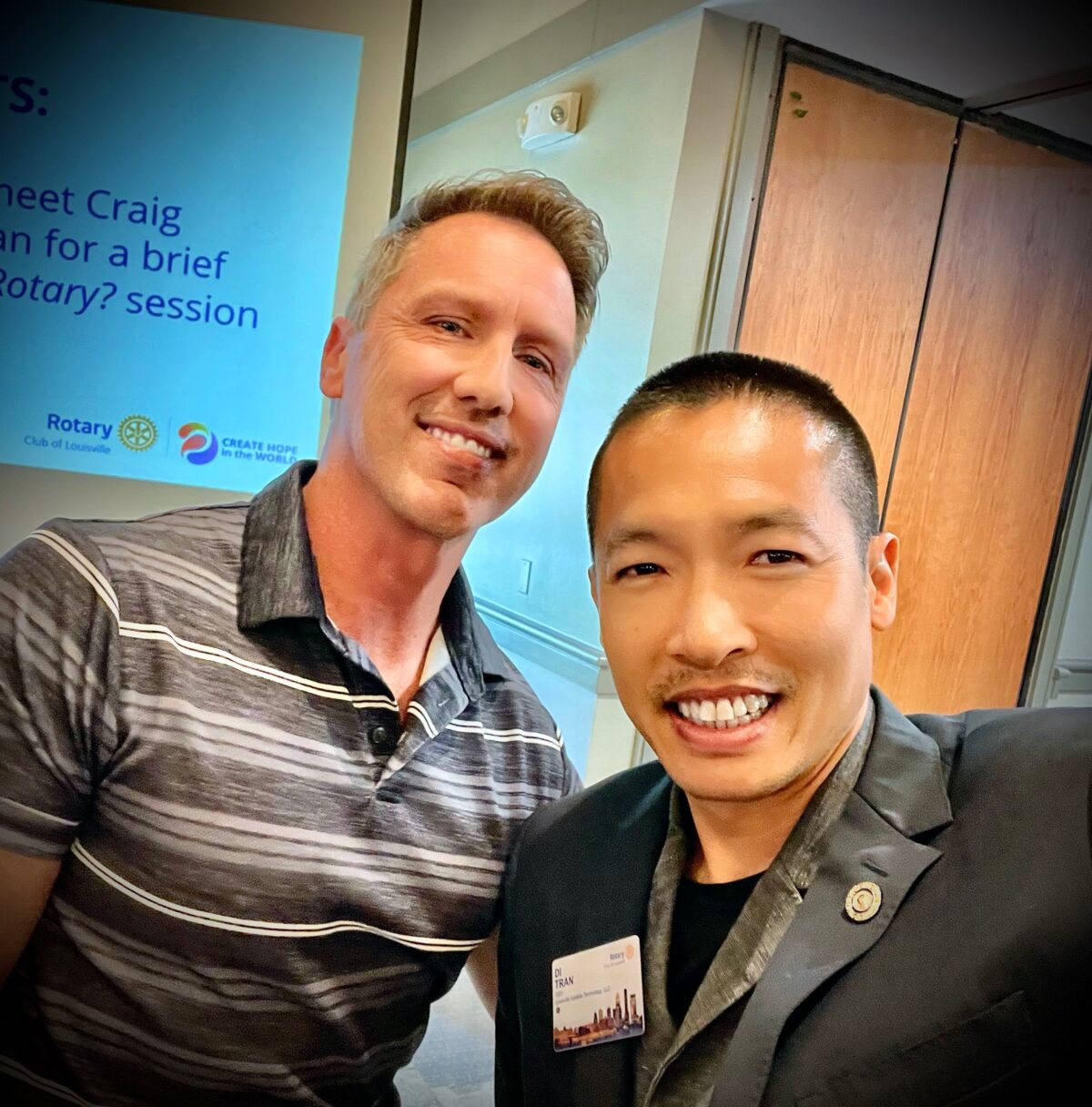Language, more often than not, is an essential part of one’s cultural identity. For immigrants, it’s a piece of their homeland that they carry with them. However, language can also pose a significant challenge, especially in the healthcare sector. For Chinese, Korean, and Vietnamese immigrants in the United States – the top three nationalities with a preference for their native languages at home – this issue is all too real.
Healthcare Barriers for Immigrants
Language barriers contribute to healthcare disparities among immigrants who prefer to communicate in their native tongues. These challenges can create a cascade of issues that impair the delivery of care, making it less effective, less safe, and less efficient. In fact, according to research, limited English proficiency (LEP) can result in poorer health outcomes, lower patient satisfaction, and less access to care.
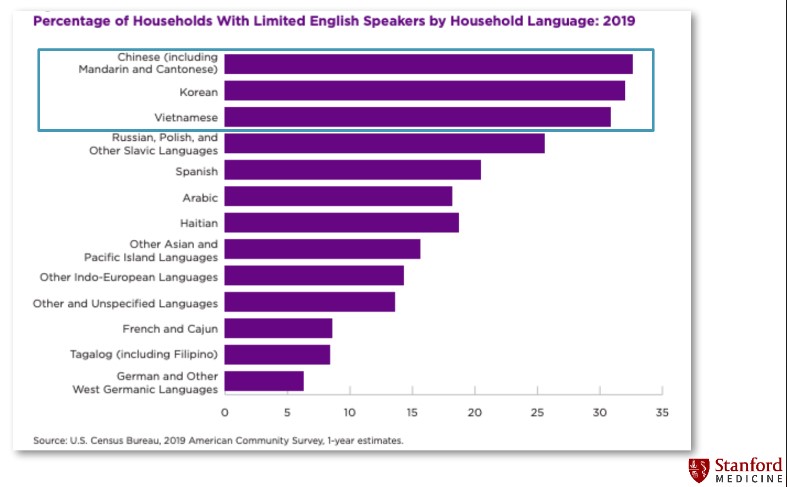
For the Chinese, Korean, and Vietnamese communities, these issues are exacerbated due to the vast linguistic and cultural differences between their native countries and the U.S. Their slower adaptation to American life and hesitance to use English, especially in complex medical scenarios, often results in misunderstandings, misdiagnoses, and improper treatments.
A Cultural Clash
Cultural understanding, an often overlooked aspect of healthcare, plays a significant role in providing effective care. Health beliefs, practices, and the perception of symptoms can differ widely across cultures, which can lead to significant disparities in health outcomes. This cultural clash is particularly pronounced for immigrants from China, Korea, and Vietnam, who may hold differing views on health, disease, and treatments compared to the western approach.
Building Bridges: Community Health Workers and Interpreter Services
Overcoming these barriers requires systemic changes within our healthcare institutions. One proposed solution is to incorporate more community health workers who speak these native languages and understand the cultural nuances.
Another vital service is professional interpretation. Children often act as impromptu translators for their parents, but this not only infringes on patient privacy but also puts the responsibility of accurate translation on a minor, a situation that can result in medical errors. A robust, professional interpretation service should be the standard for any healthcare institution.
Cultivating Diversity within Healthcare Professions
To address these challenges, the healthcare sector should strive to create a diverse workforce that is reflective of the population it serves. As of now, less than 6% of the U.S. healthcare force consists of people of color. Greater representation could help build trust, improve communication, and ultimately improve the healthcare outcomes for these communities.
Creating a pipeline for these underrepresented groups into healthcare professions is an uphill battle, complicated by legal and socioeconomic obstacles. However, by providing financial aid, mentorship, and parent education about career opportunities, it’s possible to make significant strides towards this goal.
In conclusion, it’s crucial that the healthcare sector recognizes and addresses the unique challenges faced by Chinese, Korean, and Vietnamese immigrants. By embracing linguistic and cultural diversity, we can create a healthcare system that is truly equitable and inclusive.
PRESENTERS
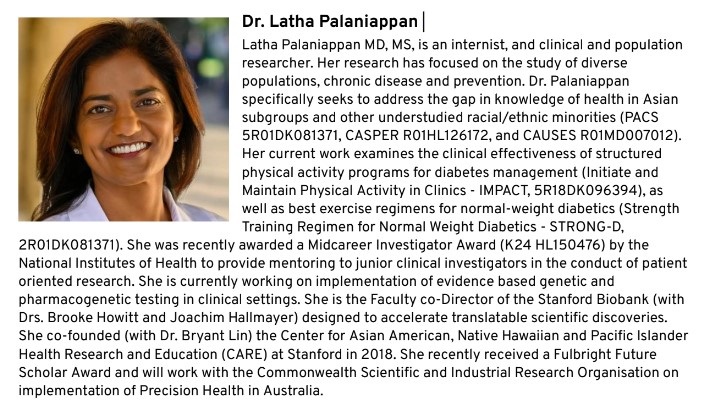
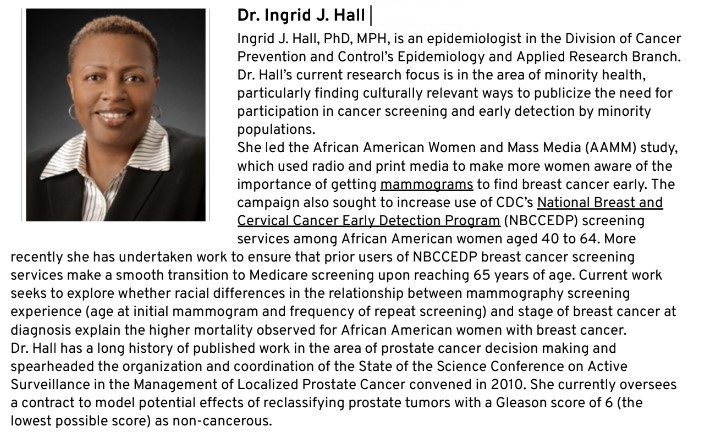

A Partnership for Better Information
In an effort to bridge the information gap and provide up-to-date, trustworthy, and culturally relevant health information to our Vietnamese community, Di Tran Enterprise, the owner of Viet Bao Louisville, KY, has partnered with Ethnic Media Services.
Ethnic Media Services (https://ethnicmediaservices.org/) is a non-profit that collaborates with ethnic news organizations to bring important stories to diverse communities. This partnership aims to bring research findings and health news from esteemed institutions, such as Stanford Medicine, to the Vietnamese community in a culturally sensitive and linguistically appropriate manner.
Through this partnership, we hope to equip our readers with the knowledge they need to navigate the healthcare system effectively and advocate for their health and the health of their loved ones. This collaboration is one more step towards ensuring that our healthcare information is accessible, comprehensive, and culturally sensitive for all our communities.
Join Us in Our Journey
At Viet Bao Louisville, KY, we understand the importance of providing our community with relevant, timely, and culturally appropriate health information. We firmly believe that knowledge is power, and we are committed to empowering our readers with the information they need to lead healthier, happier lives.
To help us continue this mission, we invite you to subscribe to Viet Bao. By subscribing, you not only gain access to a wealth of health information tailored to our community, but also show your support for our efforts to provide comprehensive and inclusive health news for all.
Take the first step today and join us on this journey towards better health. Click on the ‘Subscribe’ button to begin. Let’s shape a healthier future for our community, together.








